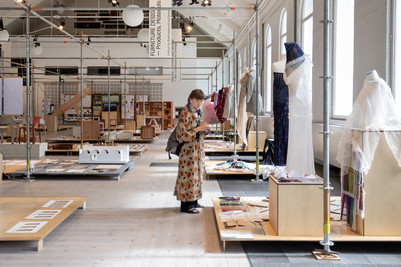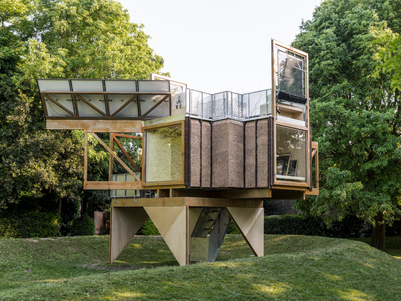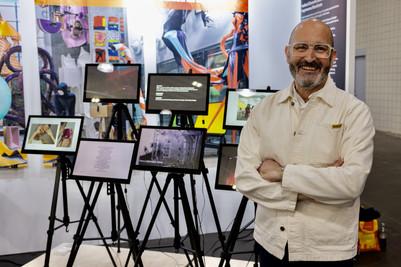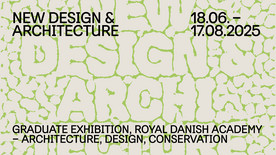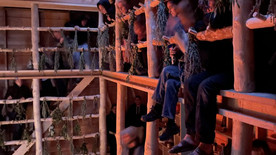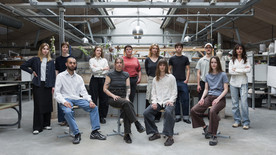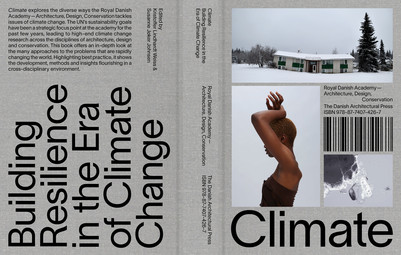
New Research Explores AI as the Architect's Assistant
How can artificial intelligence (AI) help architects reduce the climate impact of buildings and urban designers create better environments? And what are the limitations of using AI in architecture and urban design? These are the questions a new Industrial PhD at the Royal Danish Academy seeks to answer.
Nitsan Bartov will work with artificial intelligence in urban development during his PhD. The starting point is the emerging regenerative approach to architecture, where the goal is to minimize the environmental impact of buildings and challenge existing sustainable approaches. According to Nitsan Bartov, being sustainable is not enough. The aim is for architecture to have a positive impact on the environment.
"It’s about looking at architecture, urban design, and the impact of construction as much more than just CO2 emissions. The regenerative approach views everything as an interconnected system, and here AI can help us see construction in a new way," says Nitsan Bartov.
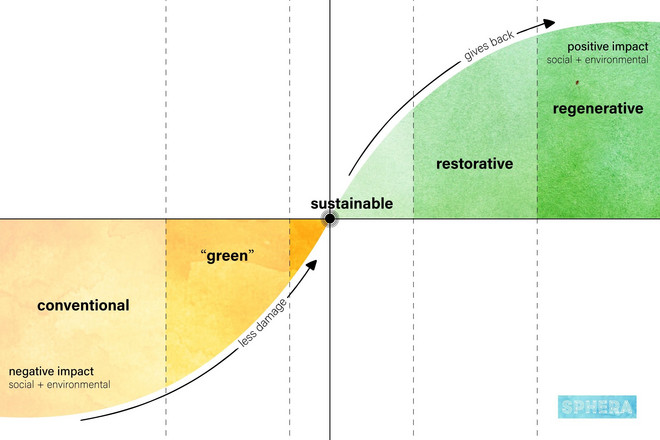
Artificial intelligence will help choose the climate-friendly solutions
He aims to explore models that, among other things, can analyze and synthesize data on soil conditions, lifecycle assessments, materials, daylight, and CO2 in a new way. This will be combined with qualitative data on historical and social conditions. Artificial intelligence will, in this way, "prepare the work" for architects, helping them make better choices that contribute positively to the climate. This is a key element of the regenerative approach, explains Nitsan Bartov.
"It's a radical approach to architecture," he says, emphasizing that the project may change direction several times along the way. He will therefore share his findings continuously throughout the project.
Another part of the project addresses the limitations of artificial intelligence.
"There is a lack of understanding about what AI is bad at in construction, so I will also focus on the ethical aspects, making sure AI is used where it brings value and not in excess" he explains.
About the project
Nitsan Bartov’s Industrial PhD is conducted at the Institute of Architecture, Urbanism and Landscape, and is carried out in collaboration with Henning Larsen, with support from the Rambøll Foundation.
The Industrial PhD is part of the REGEN network at BLOXHUB and is supported by Realdania.




